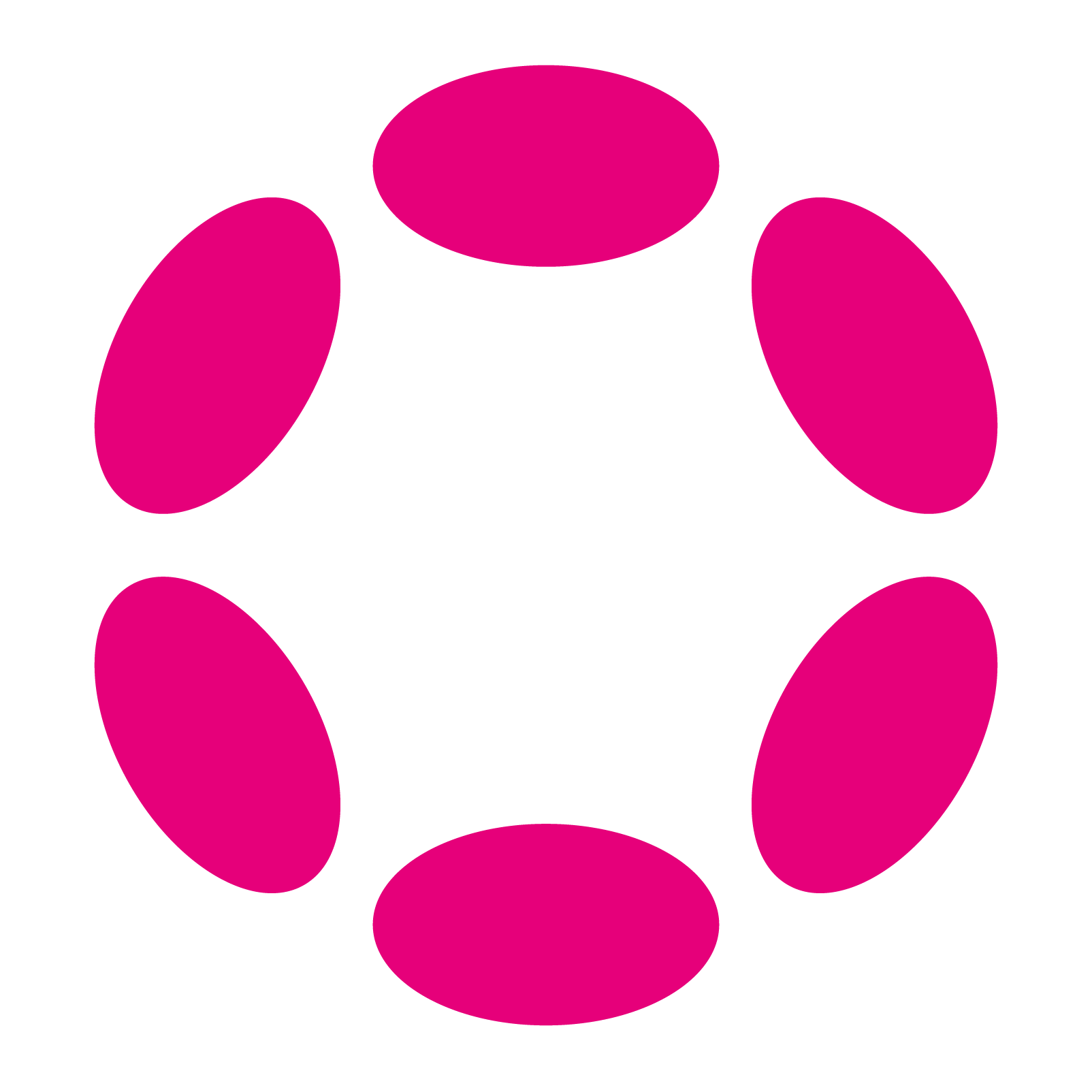KILT Protocol’s public test net implemented using Substrate
KILT intends to secure a parachain slot after Polkadot main net launch and aims to provide the Polkadot ecosystem with an interoperable trust infrastructure to create numerous opportunities for both projects.
 By Polkadot•August 12, 2019
By Polkadot•August 12, 2019
The KILT Protocol team launched their first test net, "Mash-Net," built on Parity Substrate. The open-source blockchain protocol enables trust markets through verifiable certificates and the integration of data sovereignty. KILT intends to secure a parachain slot after Polkadot main net launch and aims to provide the Polkadot ecosystem with an interoperable trust infrastructure to create numerous opportunities for both projects.
KILT Protocol has the potential to be an essential building block of Web 3.0: It allows users (persons, organizations, objects, artificial intelligence) to claim arbitrary attributes about themselves in a standardized way and receive attestation from trusted entities.
The new test net is the first implementation to have CTYPEs, KILT’s structure for claims, and allows users to adopt the primary roles in the protocol, namely Claimer, Attester, and Verifier. To learn more about these roles, watch this explanatory video.
At a later stage, KILT will enable virtual structures based on generalized token curated registries. By sharing its state through the Polkadot network, KILT will also permit parachains, applications, smart contracts, and users to add legitimacy to their claims.
As KILT is built on Parity Substrate, it seamlessly connects to the Polkadot network. “In Substrate, runtime upgrades are possible without forking the chain, which enabled us to go into production early with a limited feature set and add features as they are developed,” said KILT Project Lead Ingo Rübe. “Substrate provides a rich module set that sped up our development significantly while still allowing us to exchange existing modules for custom ones at later stages.”
KILT has the ability to create a flourishing community around the protocol and Web3 Foundation with Ingo Rübe being an experienced professional when it comes to building functioning, open-source communities. With its two corporate backers from the publishing industry, Hubert Burda Media and Ringier, as well as connections to the executive boards of various European enterprises, KILT will further push mainstream blockchain adoption by building business cases with decision maker approval on the protocol.
About KILT
KILT is a Blockchain protocol for self-sovereign data and interoperability, enabling a fully decentralised claim-based trust market. KILT aims to put users in control of their data and weaken data monopolies. Its vision is to restore trust in the internet and make the internet the democratic and shared space it was meant to be. KILT Protocol is a product of BOTLabs GmbH in Berlin, founded by Ingo Rübe, computer scientist and former Burda CTO, together with Hubert Burda Media. To learn more about KILT’s latest developments, join them on Twitter or LinkedIn.











